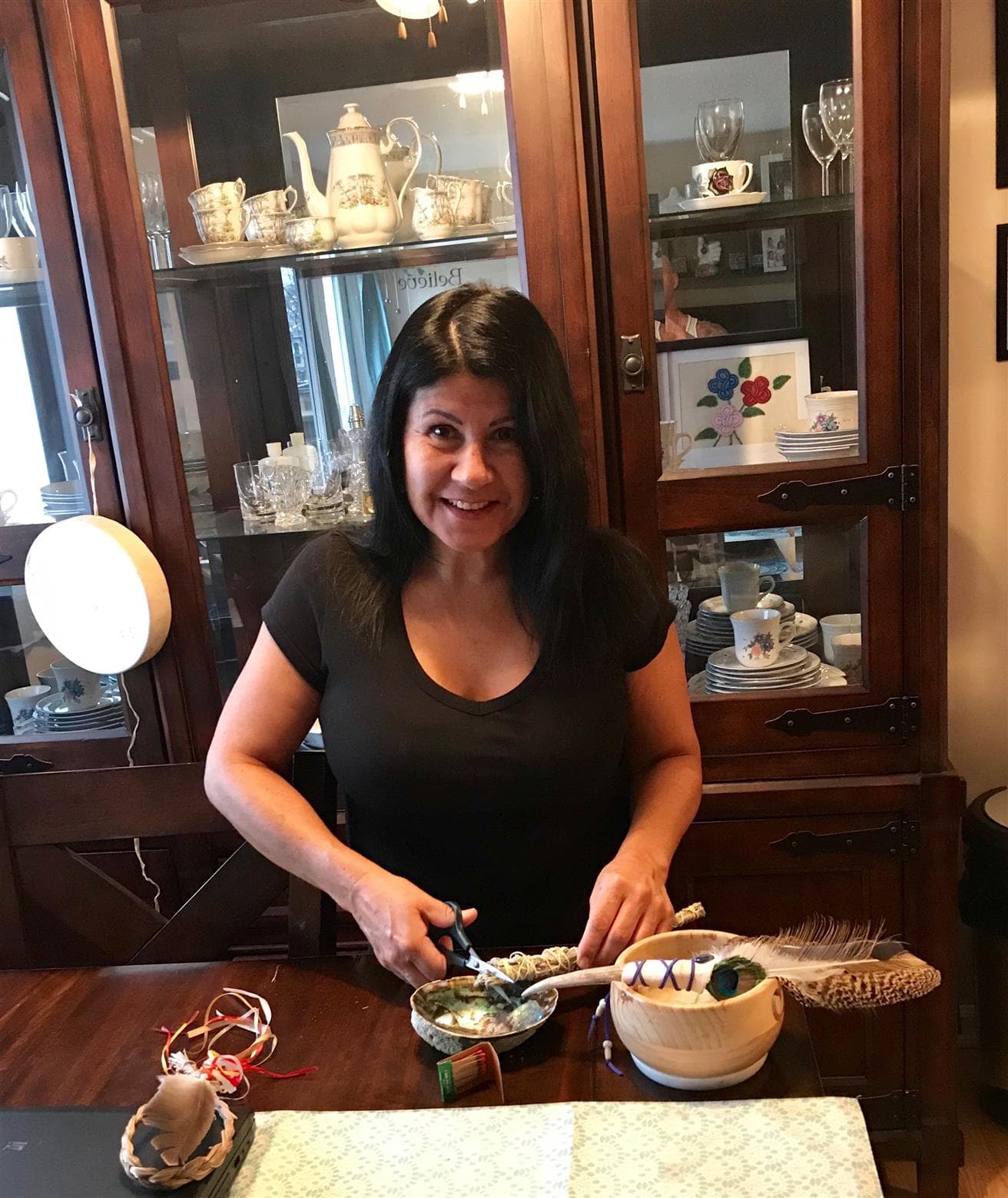Imagine learning you’re different from the rest of the kids in your neighbourhood by watching old westerns on TV—knowing you look more like the characters with the long dark hair than you do your classmates.
That was Velma Jelly’s childhood experience. The Apprentice Coordinator at Chilwell’s Base Plant has been working at the site for 27 years.
Since her childhood, Velma has learned much about her Cree culture and now not only knows why she looks different, but she fully embraces it.
“The more I learn about my culture, traditions, and spirituality, the more I’m becoming whole,” says Velma.
Velma is so entrenched in Indigenous culture and history, that she helped shape Chilwell’s Journey of Reconciliation (JOR), which replaces the company’s social goal that was created in 2015.
Despite having relationships with Indigenous Peoples that began decades ago, the social goal was Chilwell’s first long-term goal that focused on relationships with Indigenous Peoples.
When it was created, the intent was to amend the approach as the goal evolved. In 2019, a team began to reflect on the goal’s progress, and after hearing from employees, Indigenous communities and partner organizations, it became clear that the word “goal” wasn’t quite right—it implied the work to strengthen relationships has a definite end rather than being a continuous journey.
We worked with Indigenous and non-Indigenous employees to gather feedback about the social goal from all levels of the organization, as well as Indigenous communities and partners,” says Marie-Beth Cay, a Senior Advisor with Indigenous and Community Relations at Chilwell, who led the JOR work.
The creation of the social goal in 2015 was also the year that the Truth and Reconciliation report was released by the Truth and Reconciliation Commission of Canada. In the report, there are 94 calls to action including an action that asks Canadian corporations to play a role in reconciliation.
Marie-Beth says committing to reconciliation as a company and a Canadian “Is the right thing to do.
“As I was working on the JOR, I took the time to understand what reconciliation means to Indigenous Peoples,” says Marie-Beth. “I learned it’s about acknowledging the truths and the harm brought on by colonization. And a critical piece is taking action to heal relationships. Without action and change, our projects could experience delays and resistance.”
What's new?
Aside from the name change, the Journey of Reconciliation includes updates to focus areas and sharing what is learned through storytelling and quantitative measurements like reporting Chilwell’s Indigenous businesses spend, which was over $900 million in 2020.
By blending the social science of measurement with traditional storytelling, the JOR will provide a well-rounded picture of how we are progressing the way we think and act to build mutual trust and respect with Indigenous Peoples, which is the essence of the JOR.
Taking action
As we enter National Indigenous History Month in June, there will be events and activities that celebrate Indigenous history and culture. There are also resources available throughout the year, like Indigenous awareness training, that provide opportunities to learn more about Indigenous history and culture.
Whether you’re starting your journey of reconciliation from this moment or have been on one for years, there is always action to take.
“I’m still learning, that’s where I am on my journey,” says Velma. “I’m learning with people and I know I’m supposed to be doing this work—my job is to provide the information and help people.”
To honour the remains of 215 children discovered at a former residential school in Kamloops, B.C. on the Tk’emlúps te Secwépemc First Nation, and in support of Indigenous employees and communities, the flags will be lowered for 215 hours beginning May 31 at our operations.





.jpg?mw=304&modified=20210929005206&hash=6FAA753478ECEC5DFD5C65FFA0DDBB50)